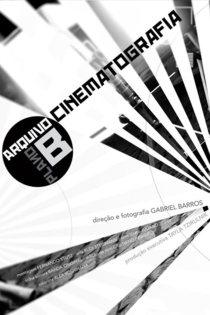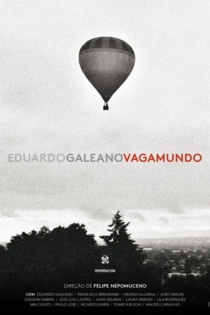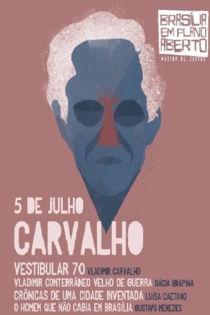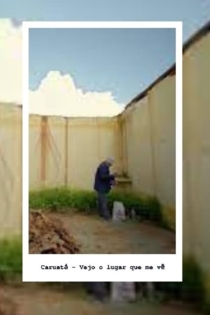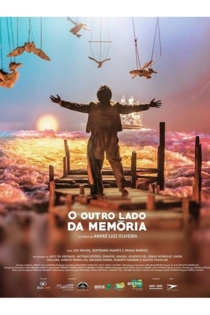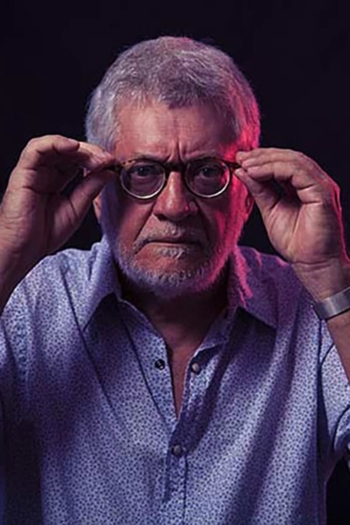
Walter Carvalho
1947 (79 лет)Raul - O Início, o Fim e o Meio
Walter Carvalho
Raul Seixas, Paulo Coelho
As the world boiled in the rush of Easy Rider bikes, in the frenetic pace of Elvis Presley, in Beatniks poets, in the explosion of counterculture, a boy from Bahia gave birth to Rock in Brazil. A runaway flying saucer that abducted the hearts and minds of thousands of fans, Raul Seixas, a man who became a myth. Raul died young because he lived intensely. Rock n 'roll, free love, alternative society, drugs, black magic, military dictatorship, women and daughters. A man who wanted to live from his work and died for it. The beginning, the end and the middle are confused, because the story is not over. The film reveals through rare images of archive, meeting with relatives, conversations with artists, producers and friends, the trajectory of the legend of Rock.
Raul - O Início, o Fim e o Meio
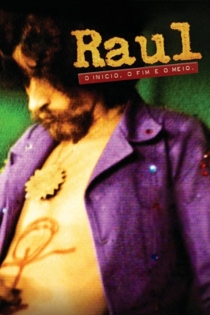
Candango: Memórias do Festival
Lino Meireles
Carlos Diegues, Milton Gonçalves
In 1965, a year after the military coup in Brazil, an oasis of freedom opened in the country's capital. The Brasília Film Festival: a landmark of cultural and political resistance. Its story is that of Brazilian cinema itself.
Candango: Memoirs from a Festival
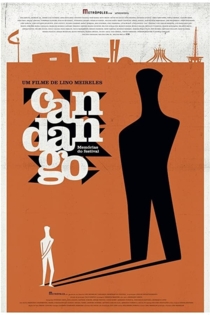
Brincante
Walter Carvalho
Rosane Almeida, Antônio Nóbrega
A lyrical look at Antonio Nóbrega’s universe. A lifetime’s work that is characterized by the consistent reading of popular culture. A show in which all elements of our culture are mixed together. A musical and visual journey, guided by the characters Joáo Sidurino and Rosalina from the plays Brincante and Segundas Histórias.
Brincante
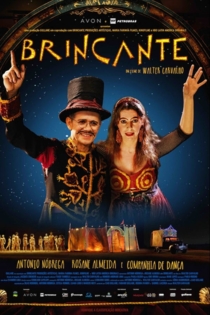
Janela da Alma
Walter Carvalho, João Jardim
José Saramago, Marieta Severo
Nineteen people with differing degrees of visual impairment – from mild nearsightedness to total blindness – discuss how they see themselves, how they see others and how they perceive the world. Unusual images, of burning trees or empty deserts, link the interviews, which vary from deep to funny to poetic.
Janela da Alma
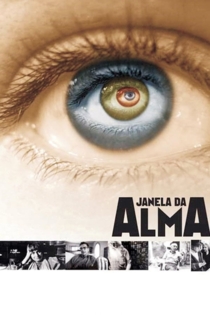
Um Filme de Cinema
Walter Carvalho
Ariano Suassuna, Ruy Guerra
An abandoned tumbledown theater in the outback of Paraíba state is the initial setting of a film about cinema, which explores the testimonials of the novelist and playwright Ariano Suassuna and other filmmakers such as Ruy Guerra, Julio Bressane, Ken Loach, Andrzej Wajda, Karim Ainouz, José Padilha, Hector Babenco, Vilmos Zsigmond, Béla Tarr, Gus Van Sant and Jia Zhangke. They all respond to two basic questions: why do they make movies and why do they serve the seventh art. The filmmakers share their thoughts about time, narrative, rhythm, light, movement, the meaning of tragedy, the audience‘s desires and the boundaries with other forms of art.
About Cinema
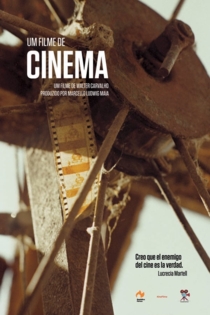
Iluminados
Cristina Leal
Mário Carneiro, Walter Carvalho
Documentary about the great Brazilian photographers who helped develop Brazilian cinema and their opinions on their work, making movies in Brazil and in general, and other subjects. As a bonus, they all agreed to shoot the same scene following their individual concepts, and the result is shown for comparison.
Iluminados
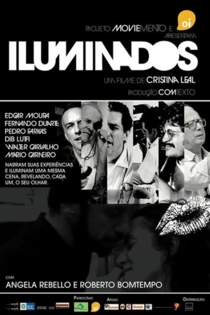
Cacaso na Corda Bamba
José Joaquim Salles
Zeca Camargo, Chacal
Cacaso, a Brazilian poet, lived in Rio de Janeiro. Born Antonio Carlos de Brito (1944-1987) he was one of the leaders of the marginal poetry movement. Cacaso filled notebooks not only with poems but reflections, drawings and collages. He also became a lyricist and partner of celebrated songwriters such as Tom Jobim, Edu Lobo, Toninho Horta, João Donato and Sivuca.
Cacaso
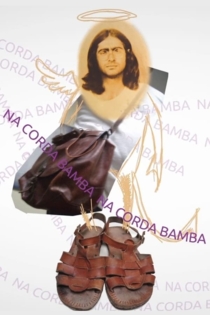
Moacir Arte Bruta
Walter Carvalho
Moacir, Domingos Soares de Farias
Facing many problems, such as impaired hearing and speaking, abnormal bone formation and poverty, Brazilian black naïve artist Moacir lives in the National Park of Chapada dos Veadeiros, aloof and oblivious of outside world, and was discovered by director Walter Carvalho in the 1980s. He spends his days drawing marvellous works with his crayons, depicting human and fantastic beings, fauna, flora, his own inner visions, mystical themes and sex, with a trace of impressive primitivism and beauty. The film registers his daily life.
Moacir Art Brut
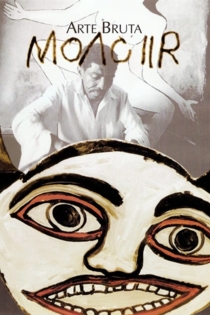
Cazuza: Time Doesn't Stop
Walter Carvalho, Sandra Werneck
Daniel de Oliveira, Marieta Severo
Inspired by the moving book “Só as Mães São Felizes”, by Lucinha Araújo, Cazuza's mother, the film covers a little more than 10 years of the singer’s crazy and brief life – from the beginning of his career in the Circo Voador venue, in 1981, to the huge success and the apotheosis of his shows with the Barão Vermelho band, his solo career, his relations with his parents, friends, lovers and passions, and the courage he had to face his final years, with HIV, until his death, in 1990.
Cazuza: Time Doesn't Stop
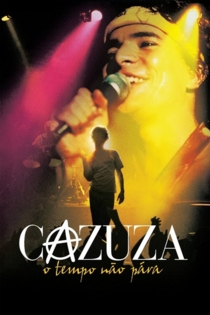
Budapeste
Walter Carvalho
Leonardo Medeiros, Gabriella Hámori
José Costa is a Brazilian ghost writer. Returning from a ghost writers convention his airplane is rerouted to Budapest. His life is also rerouted when he meets Krista and with her help, learns "the only language in the world which, according to the tongue-wagers, the devil respects.
Budapeste
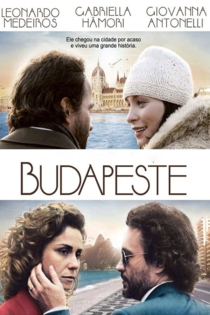
Cinematografia
Gabriel Barros
Walter Carvalho, Pedro Farkas
Through conversations held with fifty four of the most distinguished cinematographers working in Brazil and abroad over the last forty years, the documentary explores the working environment, the new tools and the different styles of the professional who controls the light and the shades behind the camera.
Cinematography
